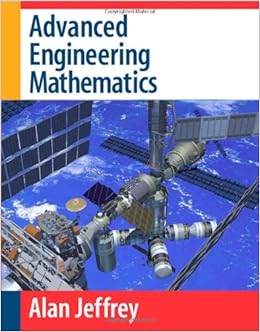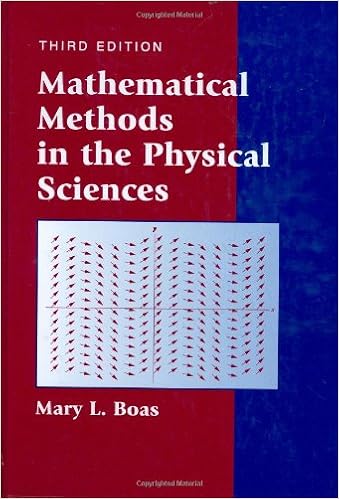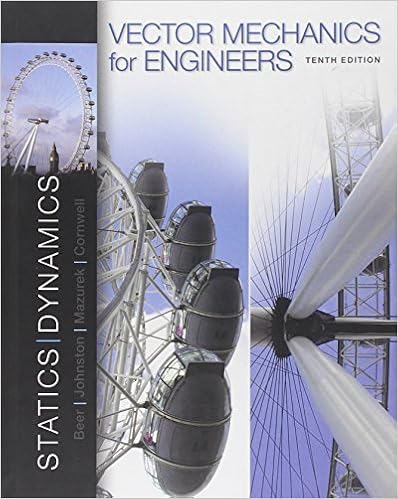Ron Larsen is a really good Calculus book.
Mechanical Engineers do a lot more rigorous math than Civil Engineers. Mostly because anything that moves (mechanical systems) would need a lot of calculations and modeling. I took about 5 engineering courses with Mechanical Engineers, so I had to do a lot of math even had to use Differential Equations and Multi-variable Calculus.
But Calculus and Differential Equations were pretty useless except for my Hydraulics class, because it involved Fluid Mechanics and Mechanical Systems. Its kind of cool to use integrals to find the formula A=(1/2)B*H (area of a triangle) or A=pi*a*b (area of an ellipse). Made me realize I don't have to really memorize formulas, a quick proof and voilà you have the formula.
Dot product was something that I use a lot to find the force that one component applies on another, like the force a rope applies on a beam. In physics it seemed like a useless concept. Cross product is mostly used by mechanical engineers because we are not really concerned with moment in most applications.
But I will say one thing, the 30 minutes the professor spends on proving a formula is critical, because with understanding the proof you can solve the problem no matter how they ask it or present it in the homework or the test. They can ask the problem a million different ways and you will be able to solve it with no problem, Engineering Physics I showed me how important proofs are and proofs are critical in Calculus III. If you just memorize the formula, its pointless cause you STILL have to learn how to use it and that's what proofs does...it teaches you how to use the formula.
I'm a Civil Engineer, so I use mostly basic math, but if I ever go get a Master's Degree I would have to fall back on my math background.











